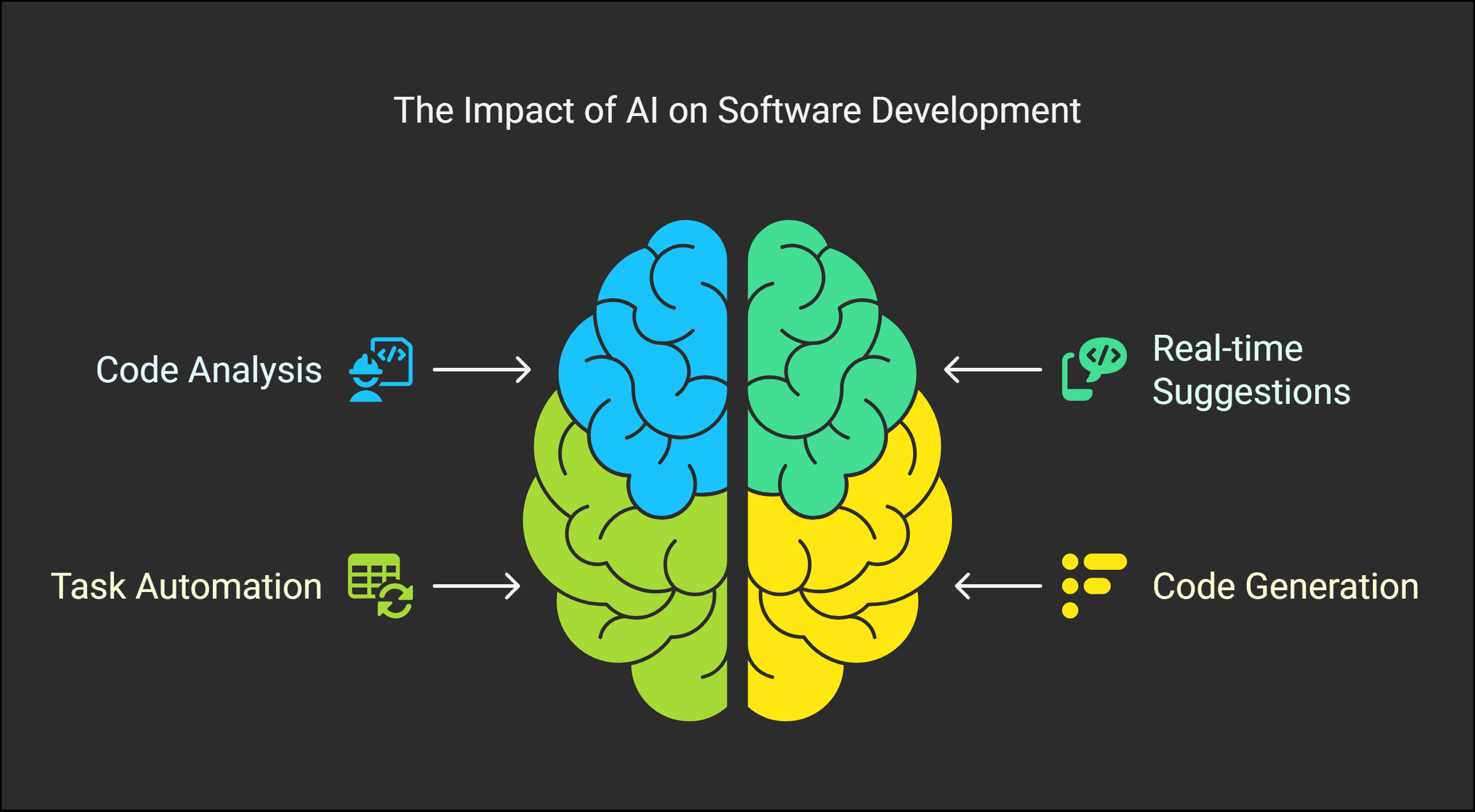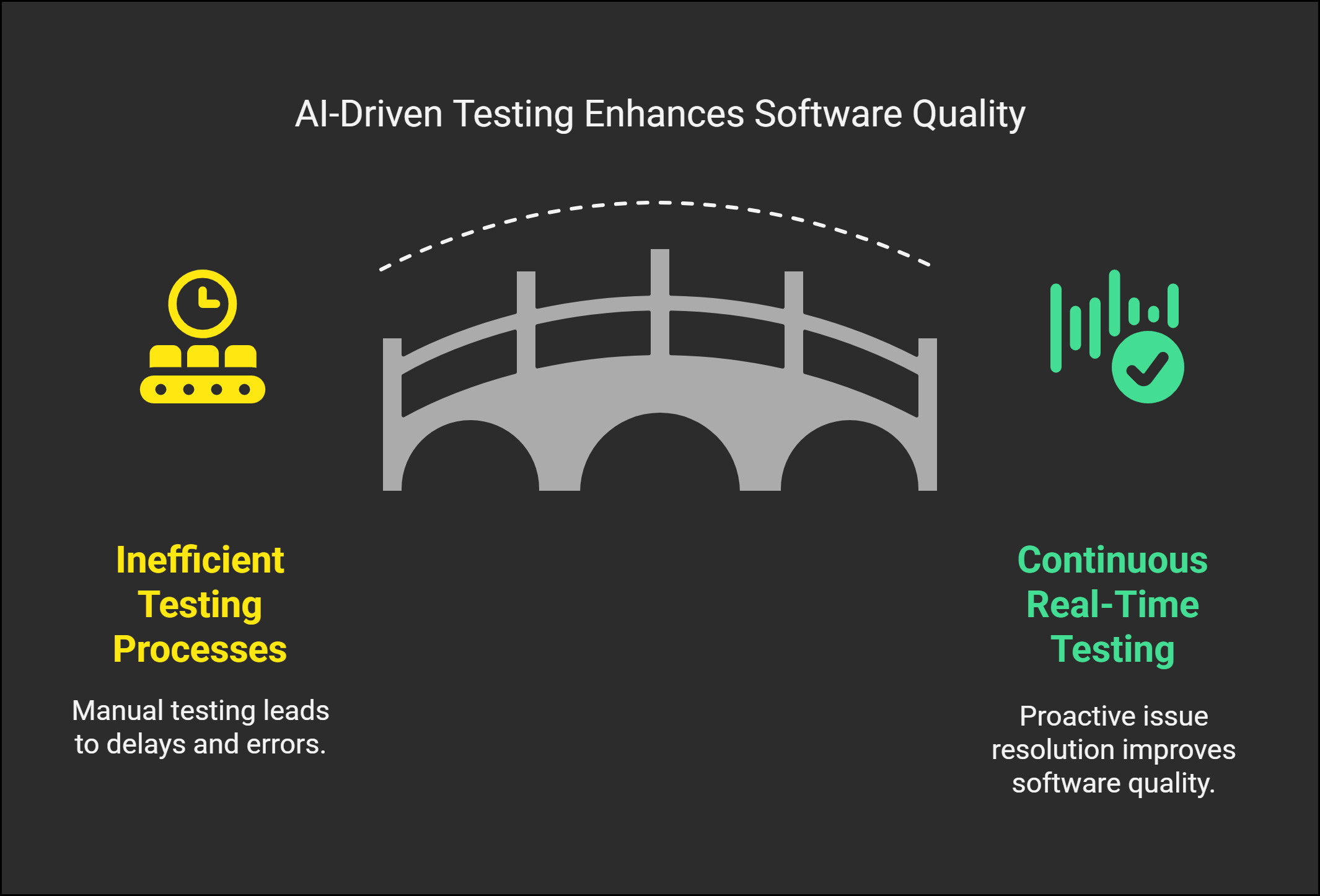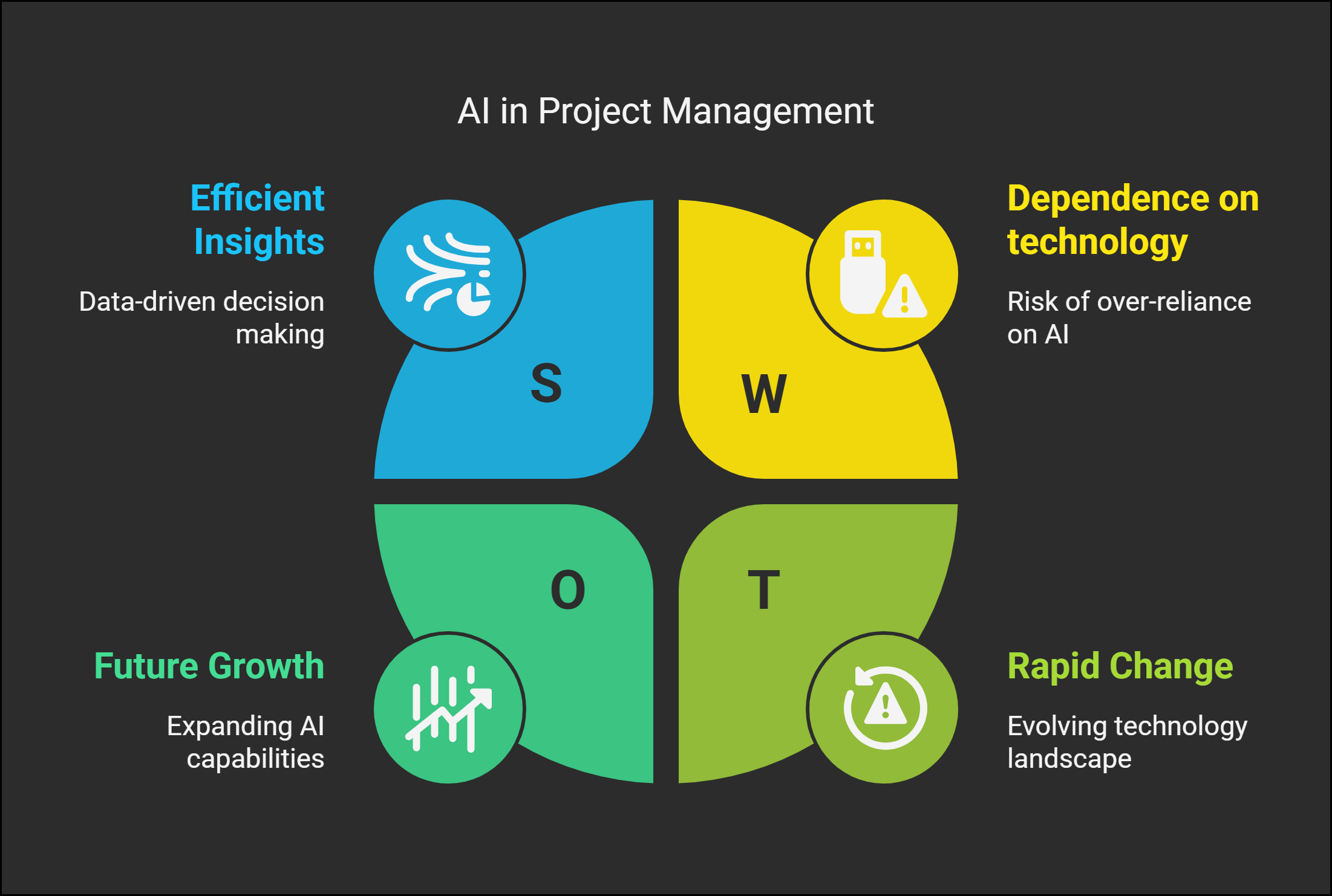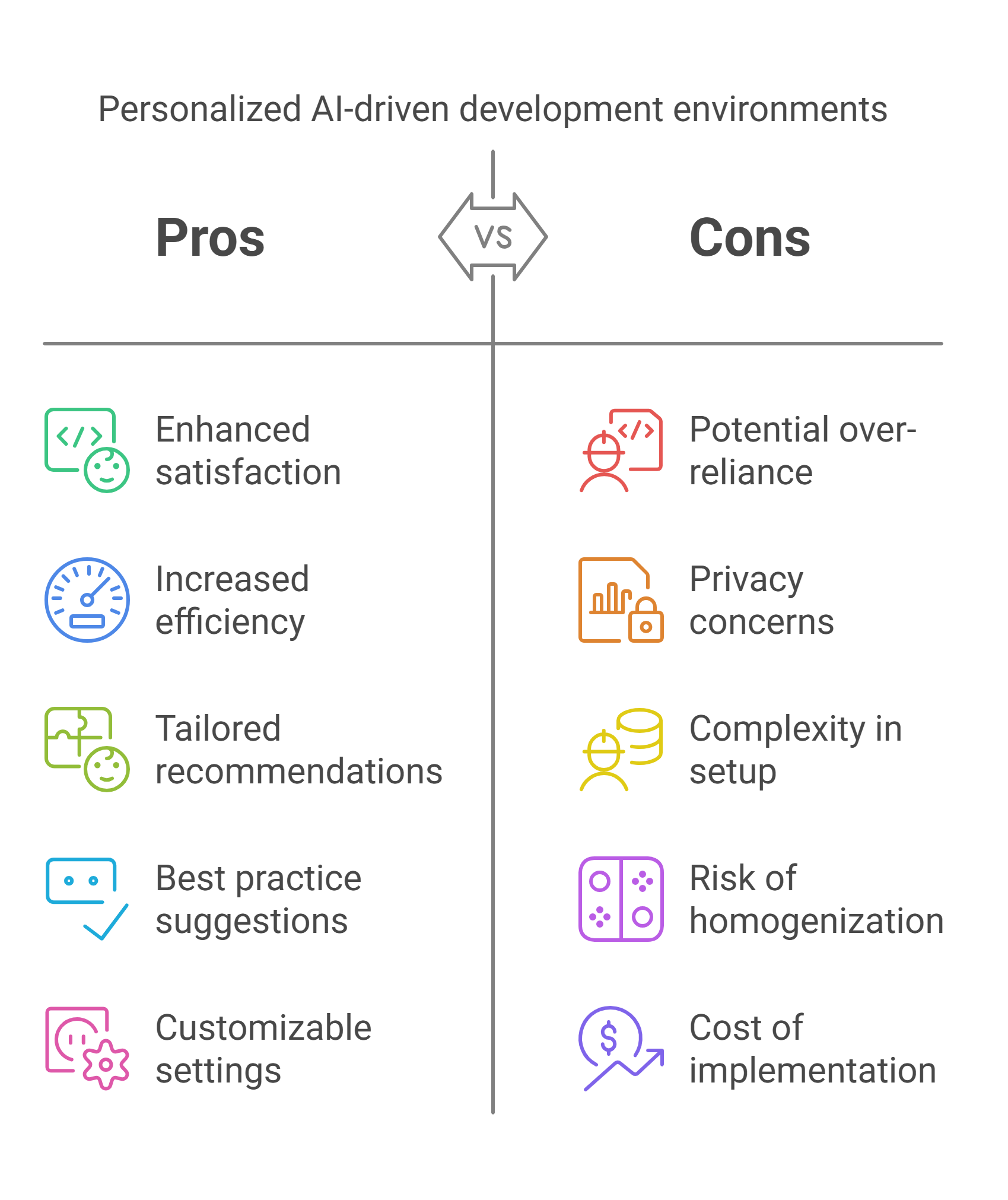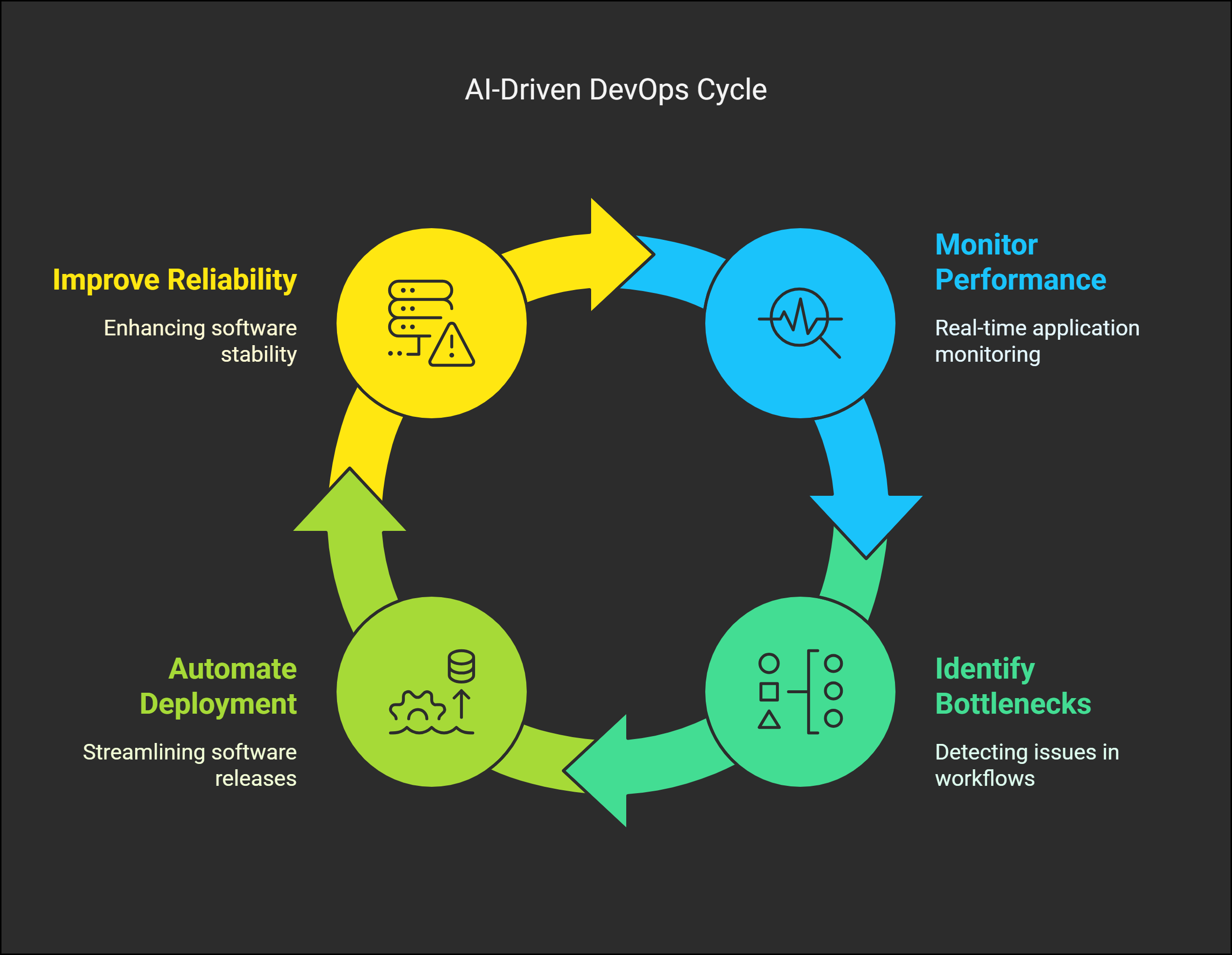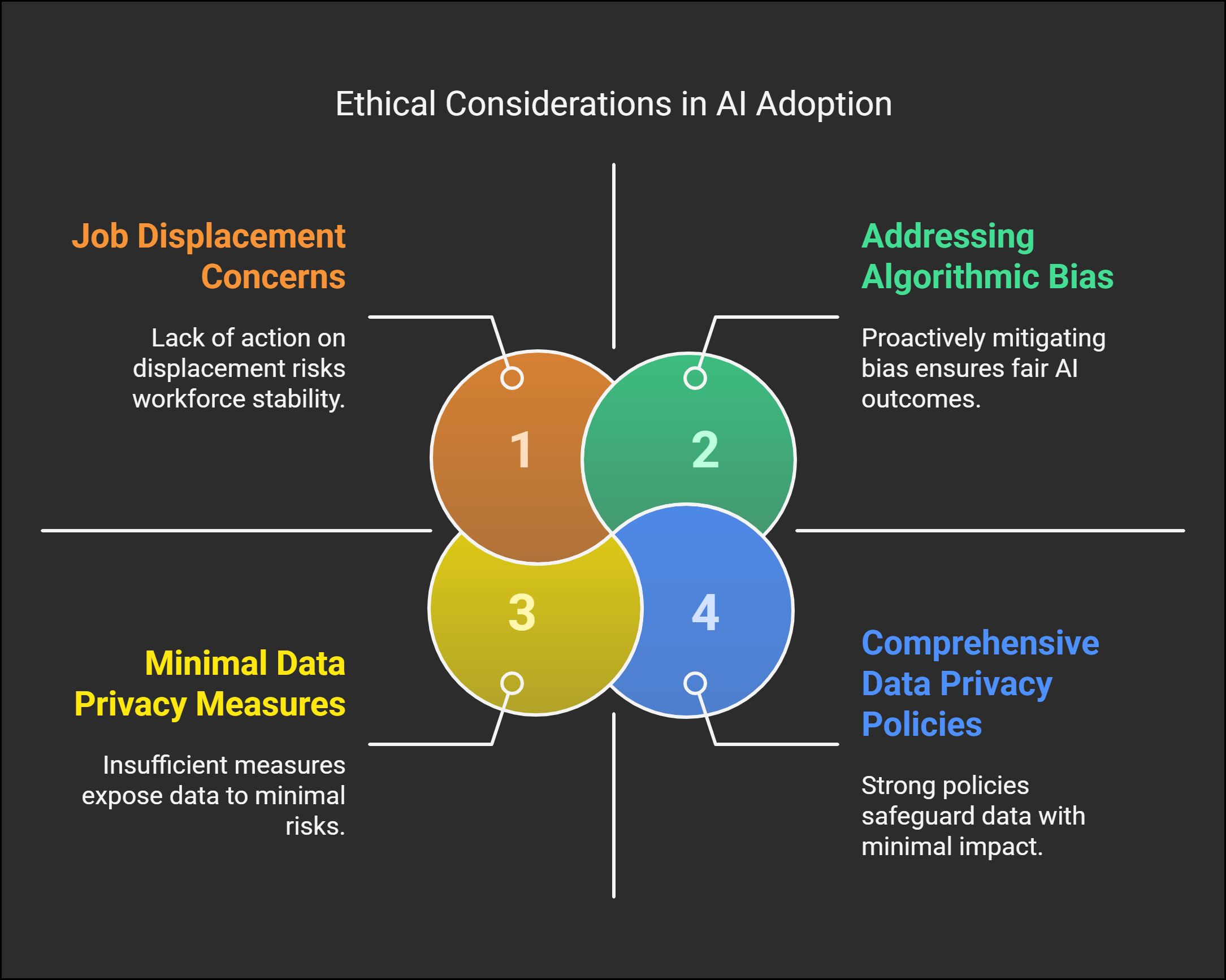The Rise of Intelligent Code Assistants
One of the most significant advancements in software development is the emergence of intelligent code assistants powered by AI. These tools can analyze vast amounts of code and provide real-time suggestions, automate repetitive tasks, and even generate code snippets based on natural language descriptions. By 2025, developers are increasingly relying on these assistants to boost productivity and reduce the time spent on mundane coding tasks.
Enhanced Testing and Quality Assurance
AI and ML are revolutionizing the testing phase of software development. Automated testing tools now leverage machine learning algorithms to predict potential bugs and vulnerabilities based on historical data. This predictive capability allows teams to address issues proactively, leading to higher quality software and reduced time to market. In 2025, we see a significant shift towards continuous testing, where AI-driven tools run tests in real-time as code is developed.
Smarter Project Management
Project management in software development is becoming more efficient with the help of AI. Machine learning algorithms can analyze project data to provide insights into timelines, resource allocation, and potential risks. By 2025, project managers are utilizing these insights to make informed decisions, optimize workflows, and enhance team collaboration, ultimately leading to more successful project outcomes.
Personalized Development Environments
As AI continues to evolve, development environments are becoming more personalized. By analyzing individual developer behavior and preferences, AI can tailor the development experience to suit each user. This includes customizing IDE settings, recommending relevant libraries, and even suggesting best practices based on the developer’s past projects. In 2025, this level of personalization is enhancing developer satisfaction and efficiency.
The integration of AI and ML into DevOps practices is transforming how teams collaborate and deliver software. AI-driven analytics tools are enabling teams to monitor application performance in real-time, identify bottlenecks, and automate deployment processes. By 2025, we see a more seamless integration of development and operations, leading to faster release cycles and improved software reliability.
Ethical Considerations and Challenges
While the benefits of AI and ML in software development are substantial, they also raise ethical considerations and challenges. Issues such as data privacy, algorithmic bias, and the potential for job displacement are increasingly at the forefront of discussions in the tech community. By 2025, it is crucial for organizations to address these challenges proactively, ensuring that the adoption of AI technologies is responsible and equitable.
Conclusion
The transformation of software development through AI and Machine Learning by 2025 is undeniable. From intelligent code assistants to enhanced testing and smarter project management, these technologies are reshaping the industry in profound ways. As we embrace this new era, it is essential to navigate the accompanying challenges thoughtfully, ensuring that the benefits of AI and ML are realized while maintaining ethical standards and fostering innovation.
